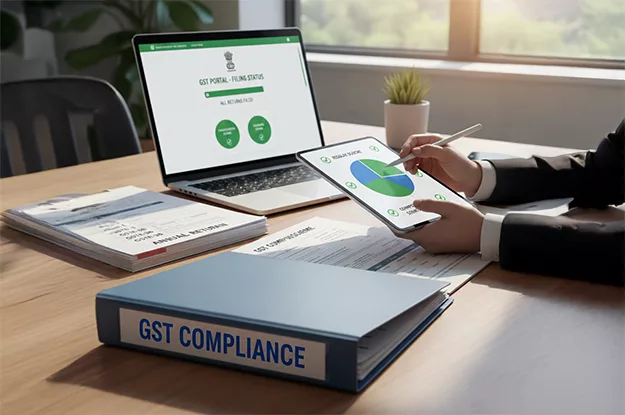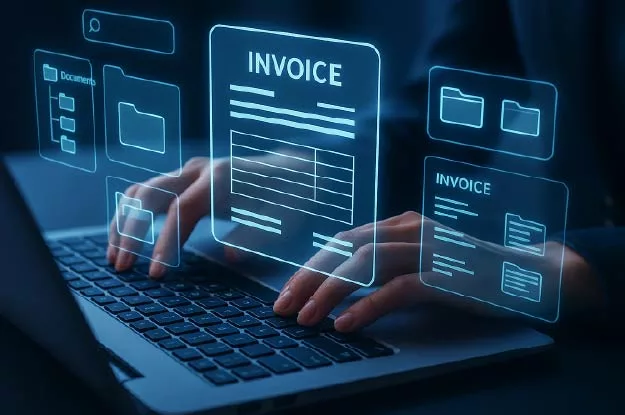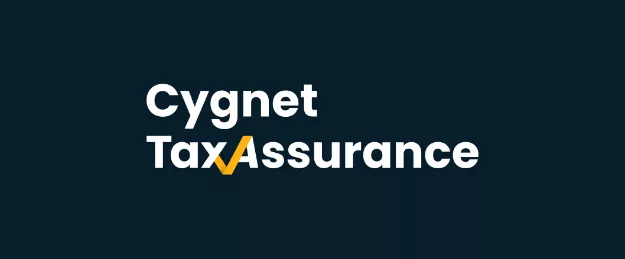Introduction
The digitisation of the financial sector began in the early 90s when Automated Teller Machine (ATM) and Electronic Fund Transfers (EFT) were introduced. Subsequently, internet banking was approved in India, followed by the National Electronic Fund Transfer (NEFT), Immediate Payment System (IMPS), RTGS, etc. Recently, India has been engulfed in the UPI or digital wallet payment system. With a motive to digitise the economy, the Government brought in demonetisation in 2016. Subsequently, GST was introduced in 2017 with an ancillary motive of formalising the economy. Very soon, the B2C invoicing for businesses with a turnover of more than INR 500 crores would have dynamic QR codes for the customers to directly pay the invoice at a click of a button directly. With these initiatives, the Government has expressed its intention loud and clear – to take banking and financial services digital. Moreover, these steps have yielded incredible results. The transactions through debit and credit cards, UPI platforms have surged through, post these measures.
How have the banks digitised?
While for a common man, digitisation of banking services could only mean digitising payments and receipts, it encompasses a lot of other activities. Just like any other business, banks also have vendors and customers. Over the years, banks have been cautiously improving their tech quotient to cater to both customers and vendors. As a result, banks and other financial institutions have induced technology in almost all functions of banking, whether it be credit rating, investment banking, lending, borrowing, private banking, consumer service and computing interest on deposits and loans, etc. This has led to improved employee productivity and a better consumer experience.
There are multiple technology solution providers in the Indian market who are also assisting banks and other financial institutions to ramp up their technology game. These solution providers help banks to assess their current technology footprint and suggest appropriate technology that can be used to accelerate their digital business. Some examples of the latest technology used are:
1. Vendor management for banks
This API intends to make vendor management simpler for banks. The API ensures reconciliation between vendor invoices received and vendor invoices uploaded on the GST portal. Moreover, the software flags invoices which have not been uploaded by the vendor and may result in Input Tax Credit (ITC) blockage. Further, the software, based on approval from the bank, withholds the payments to vendors. This helps the bank in availing legitimate ITC and reduces the risk of penalties at a later point in time.
2. Digital lending through DSA
DSA or Direct Selling Agents act like loan agents for banks. They reach out to prospective customers or borrowers and handle their end-to-end loan processing. They charge a commission to the banks for such services. Modules or APIs have been developed which assist in the onboarding of DSAs. These modules also streamline and automate the entire lending through the DSA process, making it simple and easy.
The Need for Digital Banking
1. Increased transparency
Since each transaction has a record and is easy to track, the transactions become transparent. With transparency comes accountability. These two hands in hand create a safe and secure banking space for the citizens of the country.
2. Enhanced tax revenues
Digital transactions have ensured that tax frauds and evasions get in check. With each transaction being tracked electronically, the chances of suppressing income and evading taxes reduce significantly. Enhanced tax collections mean an improved development rate for the country.
3. Wider reach of banking services
In the recent past, banking was considered only for the affluent and educated working groups. The large section of the country which resides in rural India did not have adequate access to banking services. However, the scenario has completely transformed in the last couple of years. The rural customers and the urban customer as well, who were not well versed with the banking domain are now using digital payments to a large extent. This has been a completely exciting journey for the Indian economy as even small roadside vendors now have a bank account and accept payments in digital wallets.
4. Convenience
The convenience of digital banking is remarkable. Payments and receipts can be made with a click of a button from anywhere with a fully secured gateway. Moreover, apart from receipts and payments, other digitization technologies have eased out the bank’s compliances and smoothened the service rendering process.
5. The Start-up age
India is leading the start-up space globally. With numerous start-ups coming up and growing day by day, it is only natural and vital for the banks, which usually fund these start-ups, to become equally tech-reliant.
Fintech & AI Trends Transforming Digital Banking
Infrastructure improvements marked the beginning of digitization, but Fintech innovation and artificial intelligence are driving the next stage of banking transformation. Intelligent, predictive, and automated ecosystems are replacing basic digital interfaces in the banking sector.
1. Artificial Intelligence (AI) & Machine Learning (ML)
AI is being used extensively in:
- Using behavioral pattern analysis to detect fraud
- Evaluation of credit risk using different data sources
- Virtual assistants and chatbots for customer service
- Personalized financial products using predictive analytics
- Automated loan underwriting
Banks can lower the risk of fraud, improve decision-making accuracy, and identify anomalies in real time with the aid of machine learning models. In particular, AI-powered credit scoring has transformed lending by facilitating quicker loan approvals with less manual involvement.
2. Blockchain & Distributed Ledger Technology
Blockchain is facilitating safe international payments, increasing transparency, and lowering the need for reconciliation. By producing tamper-proof transaction records, it increases confidence in trade finance and interbank transactions.
3. Embedded Finance
Financial services are being directly integrated into non-banking platforms by fintech companies. Lending, insurance, and payments are now integrated into ride-hailing applications, B2B marketplaces, and e-commerce platforms, extending the reach of banking services beyond conventional channels.
4. Open Banking & API Ecosystems
Secure data exchange between banks and fintech firms is made possible by open banking frameworks. API-driven ecosystems are facilitating customer-focused financial solutions, innovation, and teamwork.
5. Hyper-Personalisation
Banks are now able to provide specialized financial products based on consumer behavior, spending trends, and risk tolerance thanks to big data analytics. Cross-selling opportunities and customer loyalty are both improved by this.
6. RegTech & Compliance Automation
With increasing regulatory scrutiny, banks are adopting Regulatory Technology (RegTech) solutions to automate compliance monitoring, KYC processes, AML checks, and GST reconciliations. AI-powered compliance reduces human errors and ensures regulatory adherence in real time.
Fintech and AI are no longer optional enhancements, they are foundational pillars of next-generation banking.
Road Ahead
The Government of India has taken several steps and measures to improve the banking experience in the country. It is anticipated that India’s mobile wallet industry shall grow at a Compound Annual Growth Rate (CAGR) of 150% to reach US$ 4.4 billion by 2022, while mobile wallet transactions will touch Rs. 32 trillion (USD$ 492.6 billion)1. With the growth trajectory looking promising, the Indian banks, both private and public are realising the importance of using digital technologies such as Blockchain, Artificial Intelligence, Machine learning. Technology promises new horizons and envisages new possibilities. The banks and financial institutions would have to re-assess their digital strategy to check if they are capable of meeting future technology needs. Moreover, what also needs to be done is to define the roadmap to challenge such technology disruption, because time will wait for none.

































